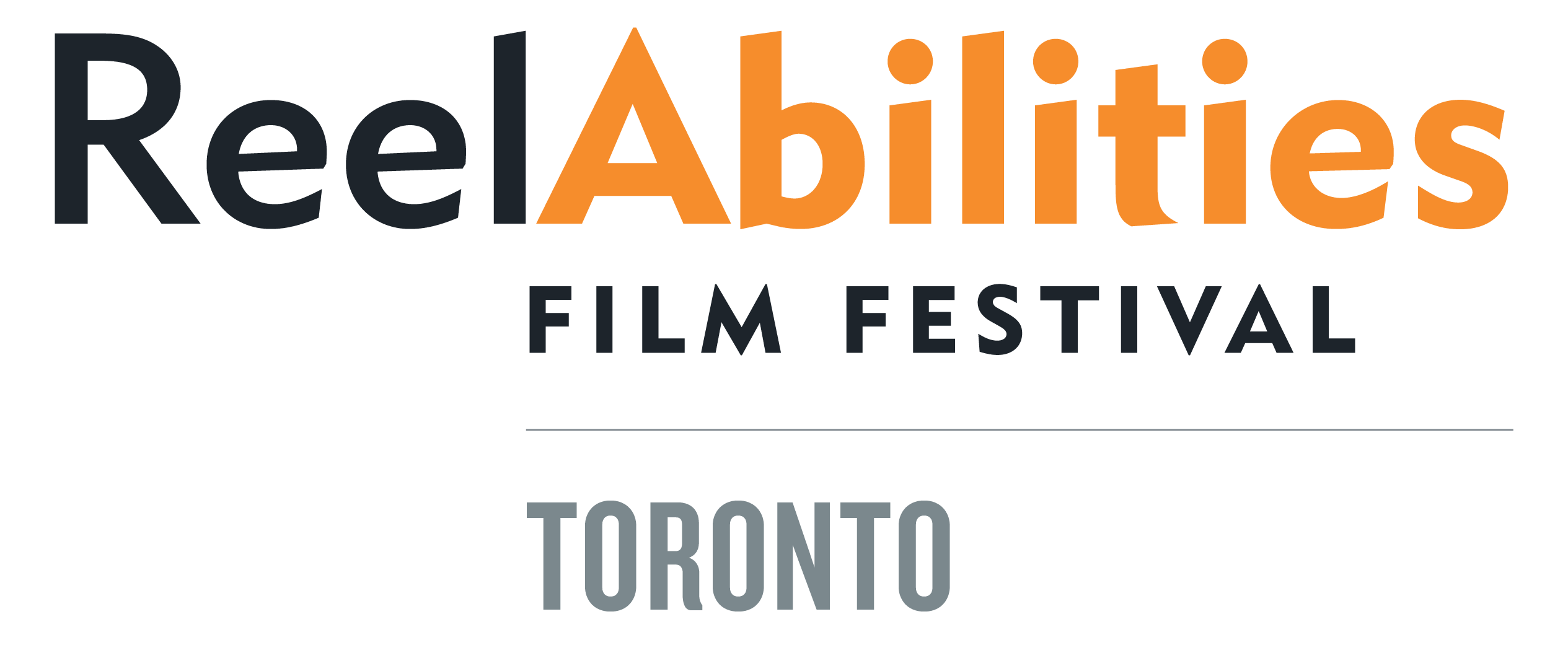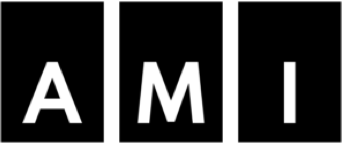
Please note: submissions for this program are currently closed.
The Canada Media Fund and Accessible Media Inc., in partnership with ReelAbilities Film Festival Toronto and the Miles Nadal JCC, are excited to launch the inaugural edition of the Accessible Writers’ Lab – a national program for writers with disabilities and established showrunners and senior writers to experiment with what an accessible TV writers room might look like. This experimental program is designed and led by Ophira Calof.
Deadline for submissions: August 4, 2022.
If you have questions about this project or require application support, we’re here to help! Please direct your questions to accessiblewriterslab@gmail.com.
ASL VLOG
ABOUT THIS PROJECT:
The Accessible Writers’ Lab is an experimental process that will focus on collective accessibility, fostering relationships and knowledge sharing, with the intention of creating pathways for disabled creatives to thrive in the Canadian television industry. The schedule will be shaped, in part, by the needs and interest of the selected writers, and will culminate in a case study report to be distributed industry-wide.
- Location: Virtual (Zoom), with the possibility of hybrid meet-ups, depending on interest, geography and availability.
- Timeline: September-November with approximately 20 hours of scheduled workshops, along with discretionary time spent developing a scene or script individually, or with a partner.
- Payment: This program is free of charge, and will pay each participant a $1350 honorarium.
ReelAbilities Film Festival Toronto is committed to accessibility. The goal of this program is to discover ways to make a writers’ room more accessible to Disabled, d/Deaf, chronically ill, neurodiverse, Mad, sick and/or spoonie writers. We very much want to prioritize not just what you can make work, but what allows you to thrive. Please let us know what we can do to make this program accessible to you in your application (e.g. closed captioning, ASL interpretation, alt formats, reminder emails, note taking, project support, and more). We also understand that access needs can change and you will have more opportunities to share access needs in the future.
WHAT WE’RE LOOKING FOR:
This program is open to applicants who:
- Are Canadian citizens or permanent residents
- Are 18 years of age or older
- Identify as Disabled, d/Deaf, chronically ill, neurodiverse, Mad, sick and/or spoonie*
- Have an existing professional and/or personal writing practice (this may or may not include screenwriting)
- Are interested in writing for the Canadian television industry
- Are excited about collective accessibility and experimenting with unique writing methods
*This program’s understanding of disability embraces The Accessible Canada Act definition which is inclusive of visible and invisible disabilities, permanent, temporary or episodic in nature. We will honour the language writers use to self-identify, acknowledging that ableism, audism and sanism can be experienced regardless of your relationship with the word “Disability”.
If you are a showrunner or senior writer interested in being part of this program, please reach out to accessiblewriterslab@gmail.com. We’d love to connect!
HOW TO APPLY
You’re welcome to apply in whatever way works best for you. All of these formats will be considered on an equal basis; we want to receive the information in whatever way is best for you to share it. Some options for completing the application are:
- Fill out the Google form directly.
- Email an audio, video or text file with your answers to accessiblewriterslab@gmail.com.
Deadline for submissions: August 4, 2022 If you have questions about this program or require application support, we’re here to help! Please direct your questions to accessiblewriterslab@gmail.com.
Frequently Asked Questions
Q: What is the intention of the program?
A: To create a space where 6 disabled writers can experiment both individually and with the group on what an accessible writing process might look like for them. Additionally, to share what we learn with the Canadian TV industry through direct conversations with industry showrunners/senior writers, and through publishing a case study report at the end of the process.
Q: What level of experience are you looking for in the selected writers? (e.g. Am I too experienced? Do I have enough experience?)
A: We are looking for all experience levels! We are interested in working with writers who would like the space to explore their own access needs, to learn more about collective accessibility, and form relationships and community through this experimental process. This is not a top down learning environment; it’s a space where we will all learn from each other, each bringing our own expertise to the program.
Q: Will writers receive feedback/notes on their scripts?
A: No, the lab is not a space to polish content or develop technical screenwriting skills. It is a space to “blue skies” experiment with how we create screen-based content together.
Some questions that we might explore include, but are not limited to:
- What is a more screen-reader friendly option for script writing?
- How can we capture dialogue that’s meant to be communicated through ASL, when there isn’t a direct English translation?
- How can we run a hybrid process, allowing people to engage in ways that work best for them?
- What length of time and format is ideal for maximizing brainstorming capacity without triggering an overload?
- How can we communicate our needs to each other and support each other throughout this process?
Q: How can showrunners and senior writers be involved?
A: The specifics of each person’s involvement will be unique to their needs and interest, but the lab will provide a space for knowledge sharing and mutual learning between showrunners/senior writers and the program participants. Through engaging with the program, showrunners and senior writers will have the opportunity to attend between 1-3 lab sessions and will learn more about accessibility, how to bring it into their rooms and/or learn more about disability lens storytelling.
Q: How does payment for participants work?
A: Program participants will receive a $1350 honorarium for taking part in this project. This payment can be a lump sum or may be split up into multiple instalments at the participants’ request. If you are on any disability benefits or financial support programs, honorariums may be considered exempt from traditional sources of income; however, we advise you to check with your provincial government for further information. Please note that ReelAbilities Film Festival Toronto cannot offer any legal or financial advice around your individual situation.
Presenting Sponsor: Canada Media Fund
Industry Partner: Accessible Media Inc
Created By: Ophira Calof



